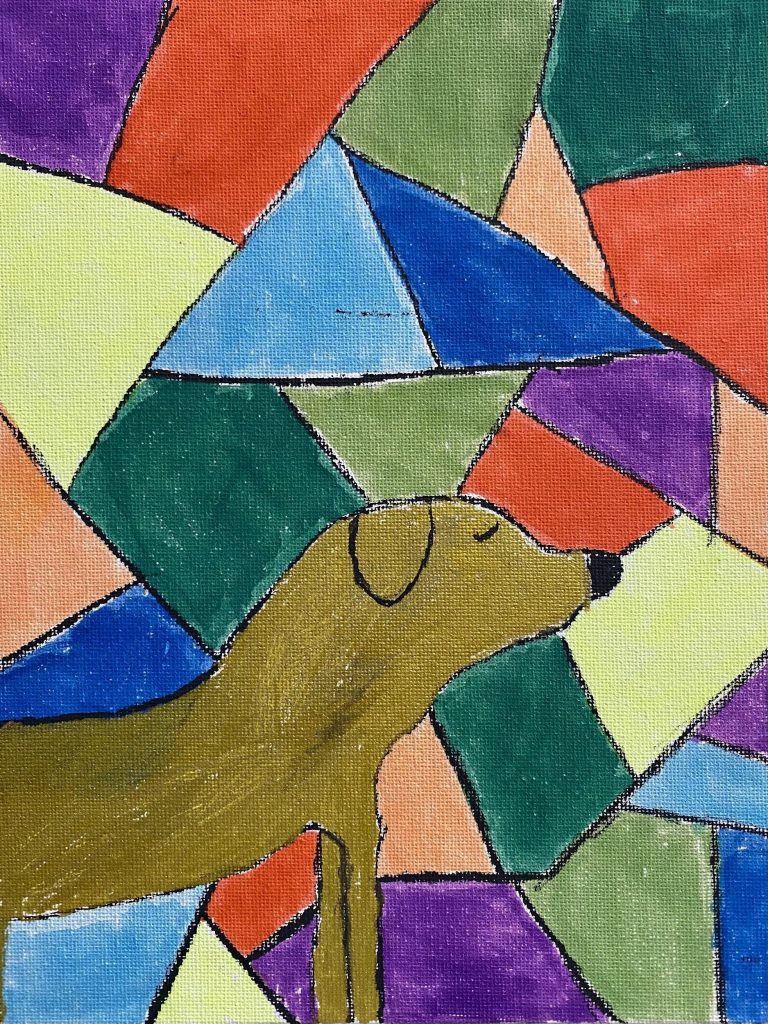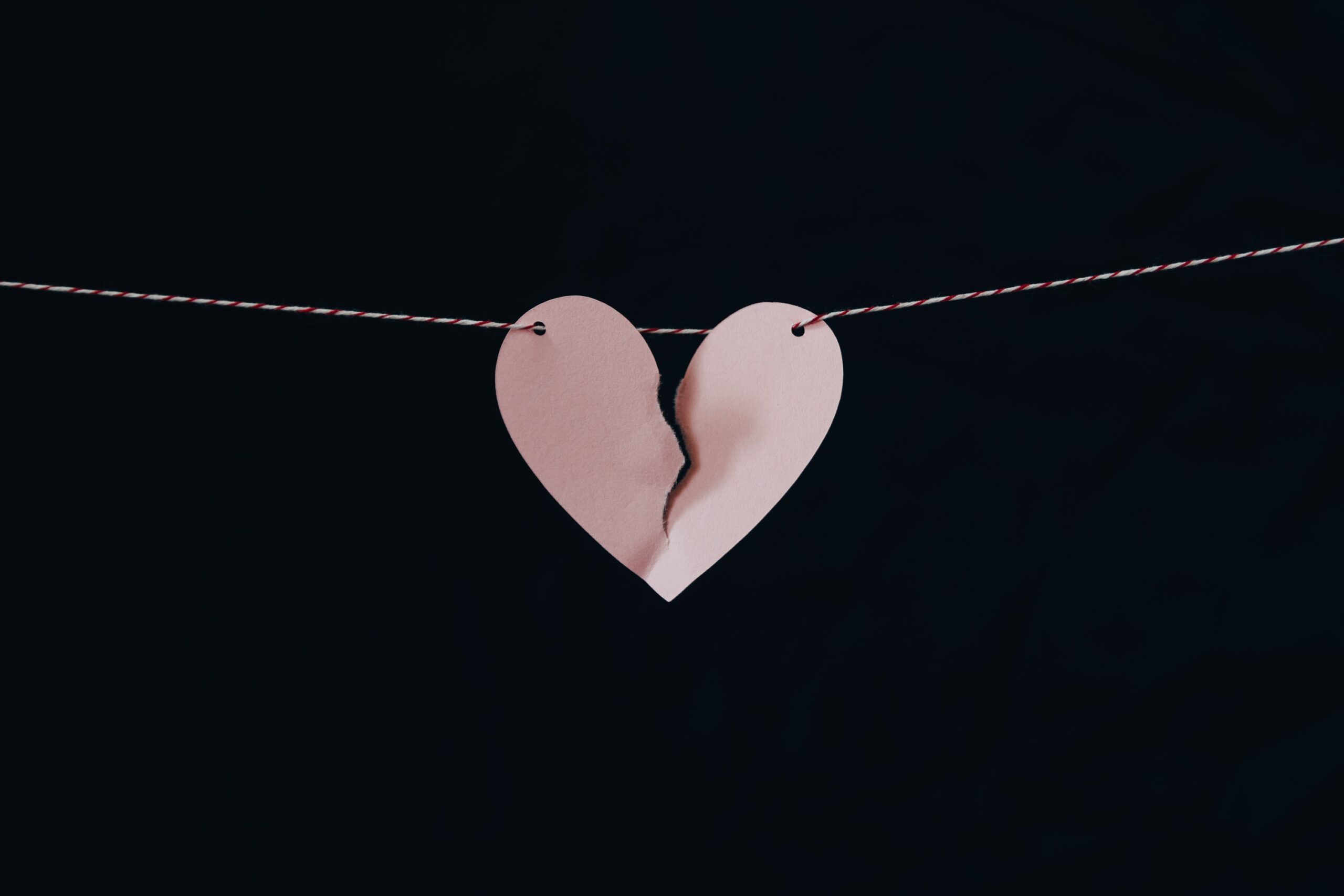It’s never easy to lose a loved one. This is what I learned about grieving when I lost my puppy.
Nothing would have prepared me for the loss of our puppy, Hendrix.
It’s not like this was my first time losing a loved one. We lost Simone, our dog of 14 years, a couple of years ago. And earlier this year, my grandma left us. But both Simone and my grandma lived well into their golden years; while Hendrix was only 9 weeks old. It was too much of a shock.
“Grief turns out to be a place none of us know until we reach it.”
JOAN DIDION, THE YEAR OF MAGICAL THINKING
In a perfect world, Hendrix would have been our family dog for the next 14 years or so. Unfortunately, the world, as we all know, is not so perfect.
We got Hendrix last month from a reputable breeder. Everything went as perfectly as can be. He was healthy, energetic, and absolutely adorable. I opened an Instagram account to document all the fun times we spent together. We took him to the beach. We took him to the hiking trails. We showered him with kisses and cuddles every day. He was the perfect puppy for our family.

A week after Hendrix arrived our home, we found ourselves at the vet ER because he had a minor seizure and some vomiting and diarrhea earlier that day. Within 24 hours, Hendrix was gone.
In the few days immediately after Hendrix’s passing, it was impossible for me to get anything done. All I could do was think about Hendrix. Every day was an emotional roller coaster. The pain and the immense sense of loss came in waves throughout the day.
The CDC website says common grief reactions include shock, disbelief, or denial; anxiety; distress; anger; periods of sadness; and loss of sleep or appetite. I would add that, at least in my case, there’s also blame: blaming myself and others for not doing enough to prevent the tragedy.
There’s a common belief that grief is a series of stages. But recent research suggests that most people do not go through phases of grief as progressive steps. And I can attest to it. On any given day, I could go from sad to angry to acceptance in a matter of hours. Or I could go from being very sad one day to being okay the next. There is really no pattern to it.

So how does one get over the paralyzing grief of losing a loved one? Here are a few things that had worked for me and my family:
- Acknowledge your loss and grief
Talking to family and friends was extremely therapeutic for me. We did not share the sad news about Hendrix to people outside of our core family until a couple of days after the fact. But once I started talking about it, I felt a heavy weight being lifted from my chest. The simple act of acknowledging his death as well as my own feelings about it helped me accept the fact that Hendrix was no longer with us.
- Celebrate your loved one
I was thousands of miles away when I received the news of my grandma’s passing. I was not able to attend the funeral because of Covid travel restrictions. To find comfort and closure, I started thinking about the times I spent with her. And then it dawned on me that I should write it all down and share it with others. Writing a tribute to my grandma helped me celebrate the incredible person that she was, and made me realize that she enjoyed a full life filled with love. My 11-year-old son drew a picture of Simone a few months after our dog was gone. Without knowing it, he found a way to celebrate our family dog of 14 years and helped himself cope with the loss.
- Take a break and have some fun
The Sunday after we lost Hendrix, our family spent most of the day cleaning up the house and putting away Hendrix’s toys and other belongings. To end the day, we played a game of Monopoly, our family’s favorite board game. It was a much needed break for us to focus on enjoying each other’s company and to just laugh a little. Do not feel guilty about having fun after losing a loved one. At times of sorrow, we need small bouts of joy to maintain our mental health.
I imagine it would take me months to finally not feel the pain of losing Hendrix, and that is fine with me. Grieving can be a long process and it is different for everyone. I’m grateful I have a good support system to help me come to terms with the loss.
*For those who are experiencing a particularly difficult loss or do not have family and friends to talk to, it may be helpful to talk to a mental health professional, such as a licensed psychologist or a counselor.
